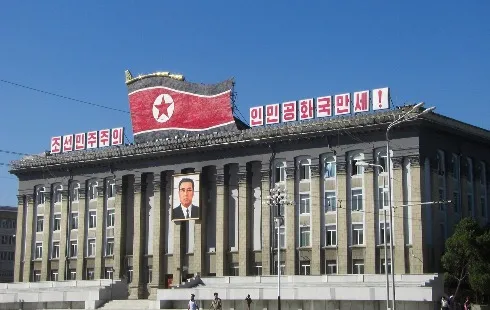
India-Pakistan military conflict escalates amid strikes and counter strikes; major cricket tournament IPL suspended indefinitely
Section: News

Section: News

Section: Arts

Section: Politics

Section: Politics

Section: News

Section: Politics

Section: Health Insurance

Section: Health

Section: Health

Section: Politics

Health Insurance in Germany is compulsory and sometimes complicated, not to mention expensive. As an expat, you are required to navigate this landscape within weeks of arriving, so check our FAQ on PKV. For our guide on resources and access to agents who can give you a competitive quote, try our PKV Cost comparison tool.

Germany is famous for its medical expertise and extensive number of hospitals and clinics. See this comprehensive directory of hospitals and clinics across the country, complete with links to their websites, addresses, contact info, and specializations/services.

On Friday, May 9th, 2025, from 19:30 to 22:00, come to Seidlvilla for a captivating concert featuring the Duo.Punto, comprising Elisabeth Maria Krauß on viola and Wolfgang Renner on guitar/arciliuto. The viola, often underestimated as a solo instrument, showcases its rich and dark timbre, which is...
No comments yet. Be the first to comment!